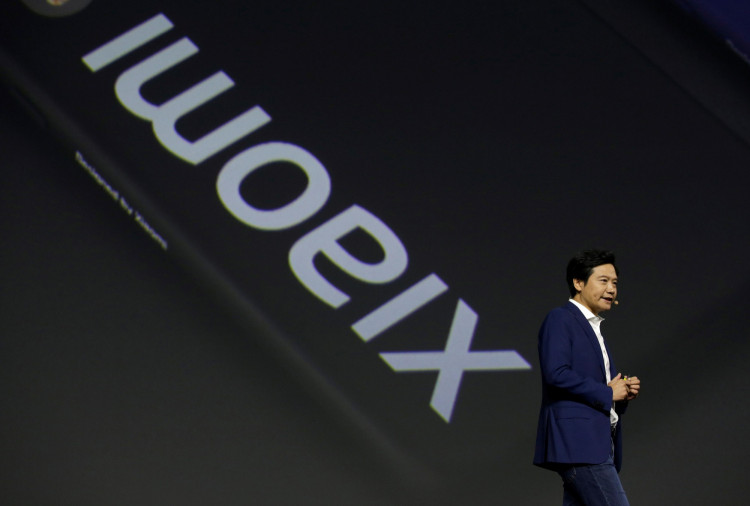China electronics company Xiaomi Corp.'s plan to spend $10 billion over the next decade building a fleet of electric vehicles might become the sharp end of the company's business, an expert told Business Times Thursday.
The phone maker promised an initial 10 billion yuan ($1.5 billion) for an EV-concentrated subsidiary to be led by Xiaomi chief executive Lei Jun - with further investments expected in the coming years.
"Electric vehicles enjoy higher valuations," GF Securities director Jeff Pu in Taipei said in an interview with Business Times. And in the long run this could be "a new business driver for Xiaomi."
However, as a late mover, "it is quite disadvantageous compared with many startups which have been active (in EVs) since 2017," Daiwa Asset Management in Hong Kong senior analyst Daniel Tang told Business Times.
The EV offshoot will be "the last startup project of my career," said the company's founder this week and it will be a challenge given China's already saturated EV market.
Xiaomi has strong branding and a sizable monthly active user base from which to draw potential EV customers once the products are available.
And while many domestic brands have already established a foothold, electric vehicles were a fairly niche consumer good until recently, according to Tang, though this too is changing.
"China's electric vehicle industry grew slowly until last year due to noncompetitive economics and a lack of infrastructure," he said.
By 2030 China will account for 49% of the worldwide EV market, according to consultancy Deloitte, while Europe and the U.S. will make up just 27% and 14%, respectively.
"China will be the largest EV market due to its large niche segments of the auto market and strong government execution power," a December report by Japan banking group Nomura said.
The smartphone maker intends to fully pursue this. "We have a deep pocket for this," Jun said at a news conference announcing the change in direction.
But "investors want to know the financial burden of the electric vehicle entity," said Pu.
Xiaomi is ideally placed. If Tesla - high end, easy to use and sleek - is the Apple iPhone of the EV world, the Android equivalent is a still unclaimed "billion-dollar prize" that the phone manufacturer has set its sights on, according to Tang.
With 146.4 million phones shipped last year, Xiaomi derived 62% of its roughly $37.4 billion annual revenue from smartphones. Products ranging from air purifiers and luggage to towels and TVs accounted for the remainder.
Following Xiaomi's announcement earlier this week to hit the EV market its shares in Hong Kong have jumped 6%. And, in the near term, any negative effect market participant sentiment is likely to be neutral, the analysts said.






